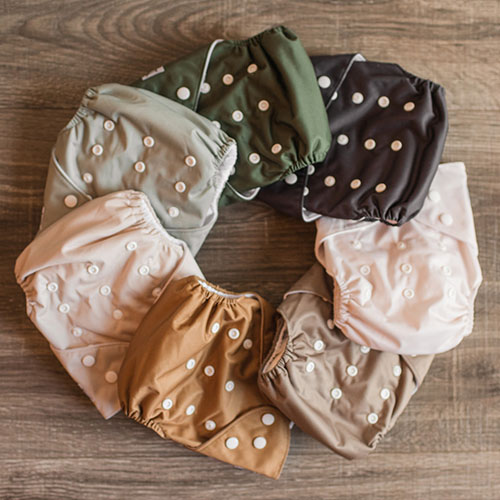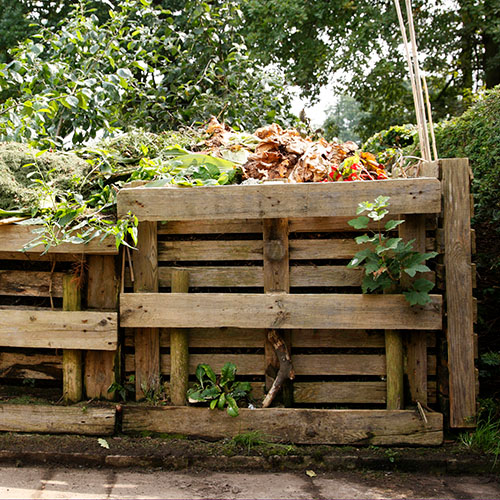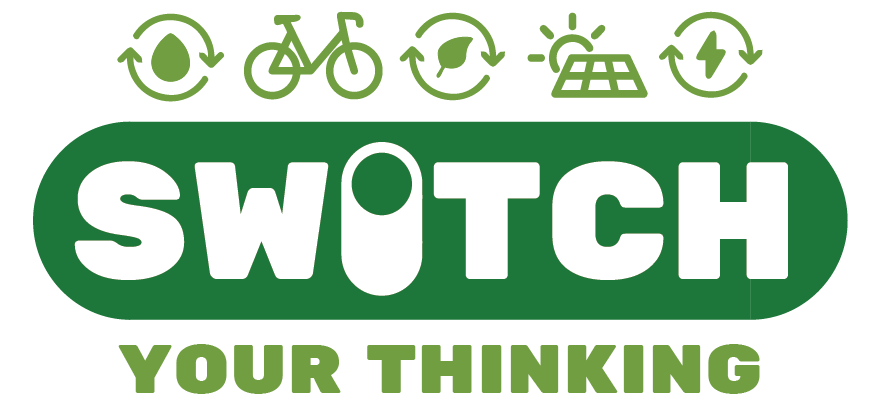Waste
RETHINK YOUR WASTE
Tips to reduce your household waste
RETHINK
REUSE
Buy second hand items. Use re-usable water bottles and coffee mugs instead of the throw-away alternatives. Switch Your Thinking’s Rewards for Residents program offers a 10% discount on Keep Cups purchased through Environment House.

REFUSE
Refuse using single use non degradable items. Refusing to use or avoiding a product is a great way to reduce its production and thus encouraging the development of better sustainable alternatives. When disposable items such as plastic bags, straws and other such items are banned, several alternatives with natural material have come to the market.
For example- In Australia, 8.2 billion articles of junk mail are produced every year. If you’re not reading it- Refuse it. Put a Switch Your Thinking ‘No Junk Mail’ sticker on your letter box (available to Perth residents only).
REHOME
Use primary recycling options such as op-shops or sites like garagesaleit, marketplace, Gumtree and Freecycle to re-home unwanted household items from clothes, collectables, to plants and garden products. This method requires no extra input and used for the same purpose as the originally used.
RECYCLE
There are several items if sorted and collected appropriately can be recycled to the same product or reprocessed. Some items that come under the hazardous waste category such as the batteries, mobile phones, fluorescent lights and old appliances require disposing into the correct recycling stream. Most City councils, libraries, mobile phone stores and other centres have collection facilities for those items Visit Recycling Near You or contact your local Council to find out how.
Did you know?
RECYCLE ORGANICS

REDUCE
Reduce packaging waste and long distance transport – make your own products at home. Cleaning liquid, soaps, pickles, jams and several of those items can be prepared at home and totally eliminating the hard plastic packaging. Besides you will be using less chemicals in your household and personal product when you make your own natural cleaners. Check Switch your thinking – Cleaning with Chemistry brochure for some ideas.
REPAIR AND REUSE
Try repairing electrical goods, furniture etc rather than replacing.
REPURPOSE
Think of ways to use it before throwing them away. Old clothes, and linen make great dusting rags, chipped coffee cups make great indoor plant pots and an old suitcase can even be repurposed as a dog bed, bottles can be used to store items and so on.
Other Ways to Switch
Learn about more ways you can switch your thinking and live a more sustainable lifestyle.
